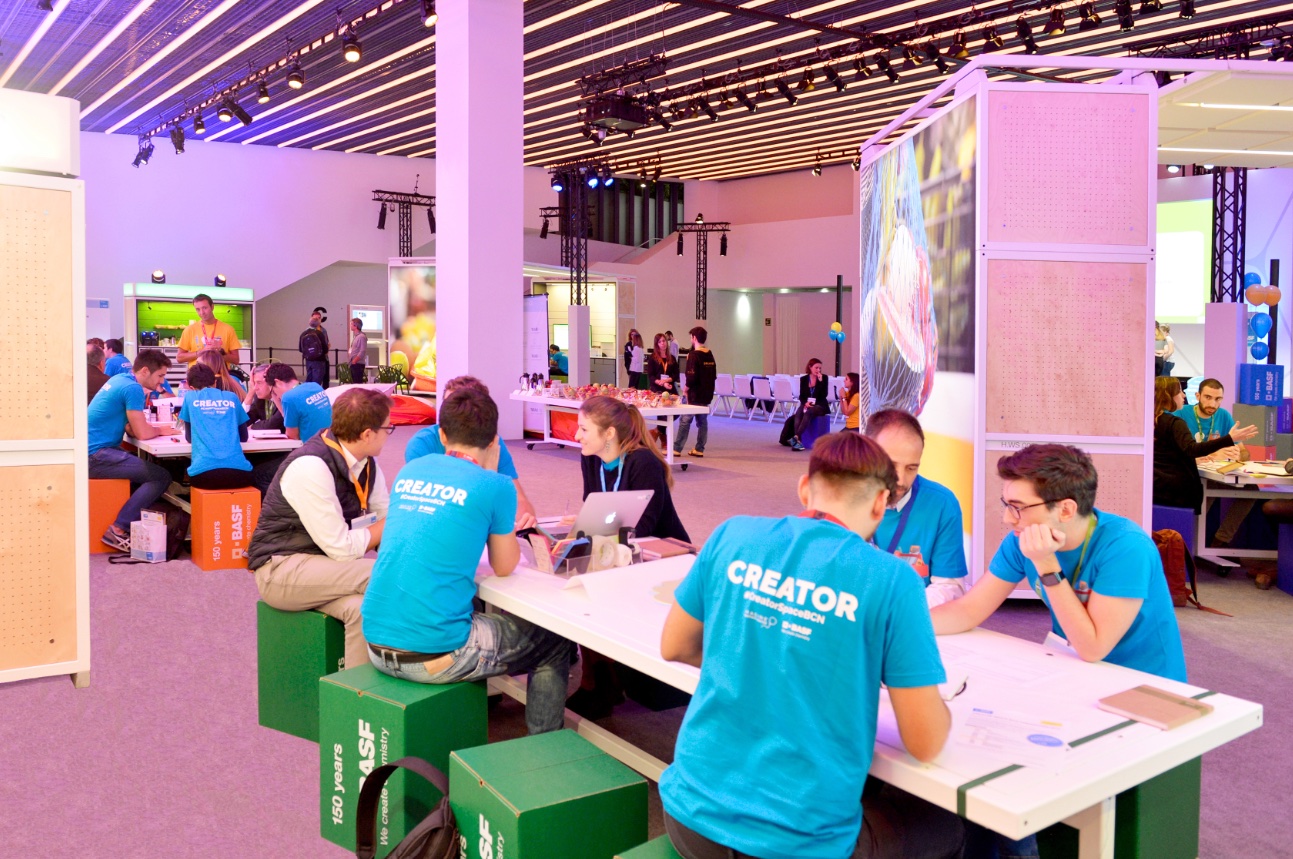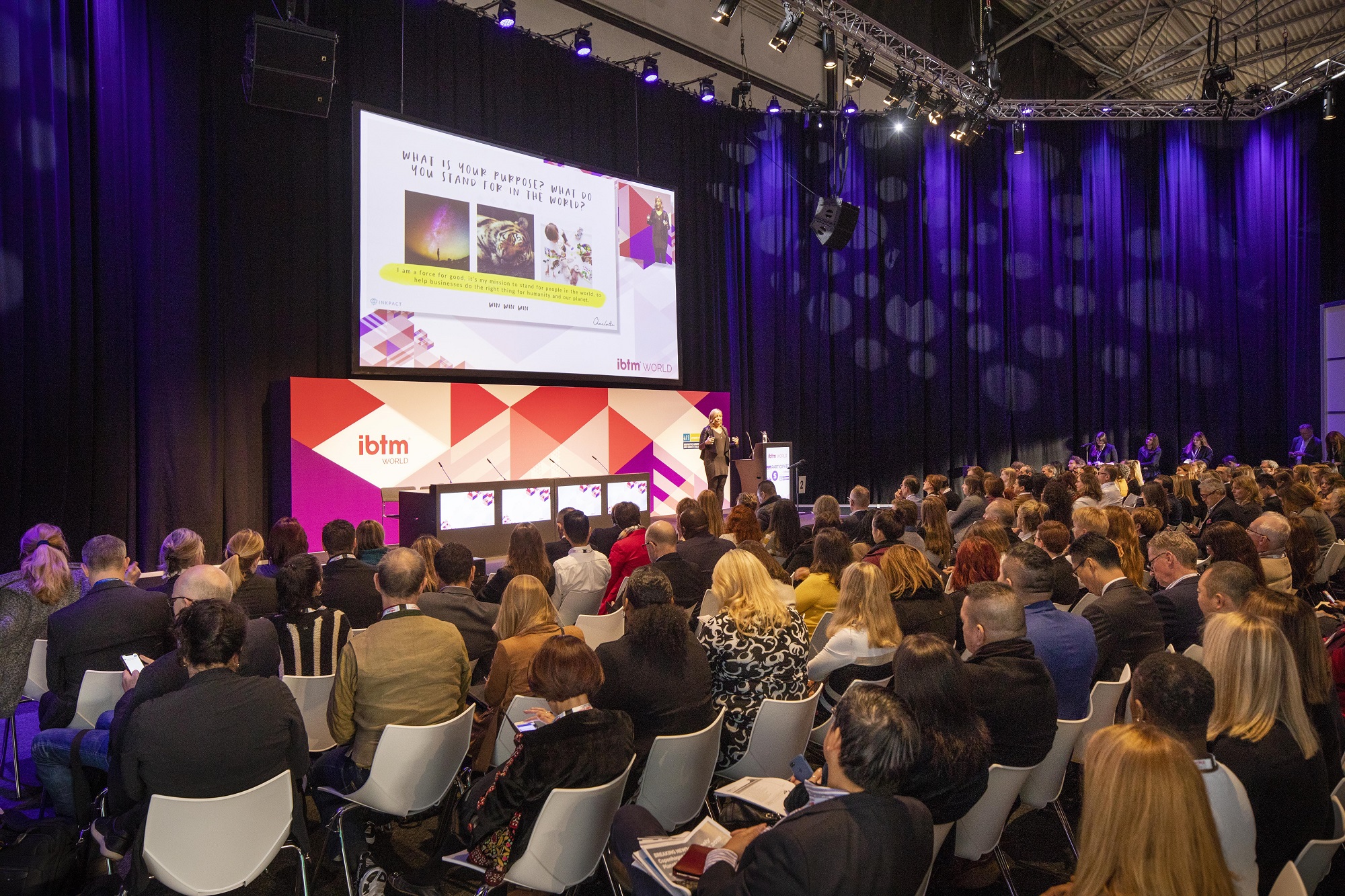Many Strategic Meetings Management (SMM) programmes concentrate on better buying and spending less. Implementing an SMM initiative can, and should, bring an organisation substantially more than just savings.
SMM is a set of policies and processes that allow an organisation to fully understand, order and manage its meetings portfolio across the entire company (all brands and affiliates) and maximise return on investment.
Identified as one of the last substantial areas of unmanaged spend within an organisation, meeting expenditure typically represents some 40 per cent of an organisation’s marketing, production or manufacturing budget. One of the most used industry benchmarks shows it can represent as much as 0.5–1 per cent of the company’s overall revenue (source: www.gbta.org). As such, this significant spend can be fully optimised through tailored Strategic Meetings Management Programmes (SMMPs) that enable companies to make savings of anything from thousands to millions of dollars.
Reaping the rewards
Beyond proven hard and soft cash savings, SMMPs bring organisations long-term sustainable value, delivering improvements that directly impact business performance.
The structured management of an organisation’s meeting portfolio can bring an organisation substantial cost savings, heightened brand visibility, aligned messaging and encourage consistent quality of operational delivery. Leveraging expert strategic knowledge, regional resources and local infrastructure helps increase speed to market, sustainability and return on investment.
SMMPs have proven particularly valuable for companies undergoing fast-paced growth following mergers or acquisitions, those seeking to promote brand cohesion or simply to upgrade their corporate image.
SMM in practice
To build an SMMP, a consultant works with the organisation’s various stakeholders to tailor a plan that includes strategy and implementation. Evaluating the entire meetings and events portfolio allows companies and associations to analyse and adapt communications efforts across the different brands, markets and communities.
Global agencies can help companies to qualify attendees and subsequently target messaging to their demographics and interests. Industry restrictions, company objectives and requirements, technology and processes, content dissemination and classical knowledge transfer techniques are all key considerations in the creation of these tailor-made meetings. Appropriate solutions for specific client challenges can help build and nurture loyal and interactive communities around a brand experience, ultimately increasing awareness, knowledge and market share.
Virtual, hybrid, on-demand communications and social media are contributing to the diversity and personalisation of messaging, but also increasing the reach of meetings, both in time and in space, complementing the traditional face-to-face meeting format and extending the content lifecycle.
Conclusion
SMMPs are here to stay. Above and beyond the initial and very visible cost-saving benefits, they deliver a very real way of harnessing the full power of an organisation’s messaging. With increased awareness, demonstrated quality and continued success, more and more companies of all sizes, as well as associations, are implementing and benefiting from SMMPs.
Lindsay Seth is director of Strategic Meetings Management Programmes for the MCI Group
SMMP CASE STUDY IN FOCUS – Global Pharmaceutical account
• MCI Group rolled out a centrally coordinated peer-to-peer programme for a pharmaceutical company wishing to increase brand awareness and encourage loyalty in leading European markets – an area ready for new faces to carry the message.
• Company experts, speaker trainers and Key Opinion Leaders for the area came together with a small group of speakers and moderators from different key countries during a masterclass. A series of virtual and face-to-face meetings were staged within the limited duration of the programme. During these meetings, the new speakers disseminated up-to-the-moment industry information through inter-professional collaboration to a select group of professionals (peers) in their local area, discussing data and case studies in the local language.
• Segmenting the company’s prospect database into groups based on target priorities defined with the company, attendees were invited in waves to attend either face-to-face or virtual presentations delivered by a local expert.
• The client’s objectives in terms of number of attendees trained in each market and delegate satisfaction were exceeded. The company is reporting sustainable change within the markets exposed to this programme. Following this success, MCI has rolled out the same programme over different areas in the company.


